Hey Folks!
This is an article about one of the most exciting areas of games development that I’ve only recently been introduced to - custom controllers.

My involvement in the area started just over a year ago, when I was given the opportunity to present my game at an event in Leeds. This was very exciting for me as it was the first time presenting my games infront of other developers. I’d attended networking events before this but my plan for the event was do something special (Compared to the standard practice of handing a device over to players). Me and my dad worked together building an arcade cabinet around an ipad (Here’s another article I did that covers it in a lot more depth). This created quite a stir and I proceeded to take it to a variety of events around the UK. The Narcissus arcade box literally was very large iPad holder, but despite the above, it provided a fresh new way to experience my game and thus sparked my interest in installations and controllers.
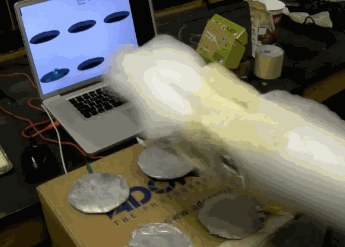
Fast forward to Christmas 2014 and I recieved a Makey Makey for Christmas. I spent the entire day building all sorts of contraptions and controllers - everything from steering wheels to gamepads made of sticky tack wrapped in aluminum foil. Unlike most presents that lose their appeal by boxing day, my fascination continued long into the new year (to the point of eventual tedium from my family).
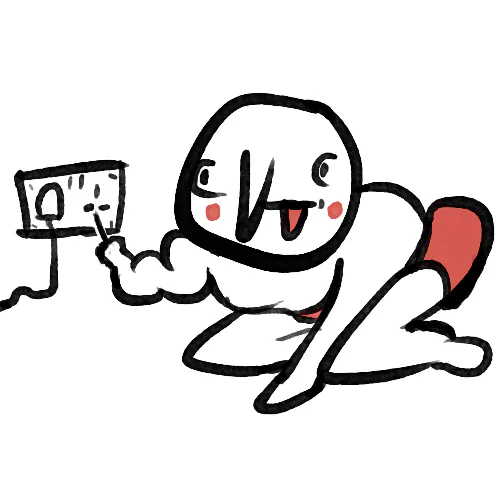
One of the issues with controller construction and more specifically, electronics is when you’re very young in many cases, electricity is seen as a thing that is hard for us to interact without causing pain or death (Our untwisted paperclips battered away from the plug socket). The Makey Makey works with very low amounts of power, thus you’re able to experiment without worry, even to the extent of allowing electricity to pass through the body of yourself and others.
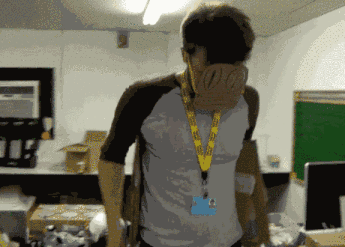
As time has gone on, I’ve developed at least 20 different types of controllers for my own projects but also teaching in the states for the last month I’ve made 80 different controllers with 7-17 year olds, not to mention the variety of developers I’ve helped build ace new ways to play their games.
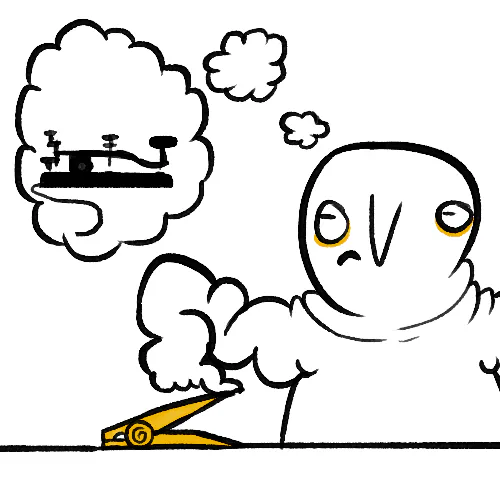
With the independant community blossoming over the years, innovation and exploration of new areas has sprung up throughout, but interestingly controller input in the majority of games sticks to that of a keyboard or joypad. In other situations, developers build a game, then construct a controller afterwards (or take an old game of theirs and build a new input). What’s interesting is, like with painting a piece of artwork or writing a piece of music, constructing controllers can inspire and lead to the conception of games.
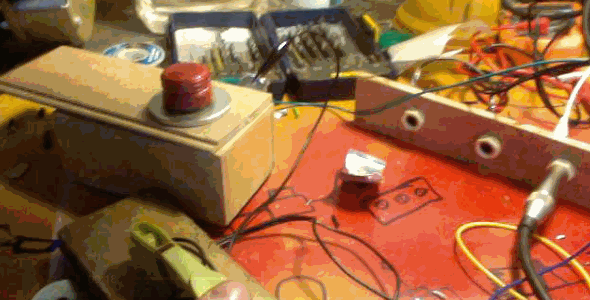
For example, at a collaborative skillswap event recently I happened upon a pile of clothing pegs. I built a button out of a peg and I realised how similar it was in structure to that of a morse code hammer. From here, I set to work on building a game for the controller - a basic prototype in which you are a morse code operator in World War 1. This game or experience wouldn’t have existed without first building this controller and I strongly believe that further experimentation in this area by developers will create new ways of playing games and even new genres that exist outside of the confines of a keyboard.
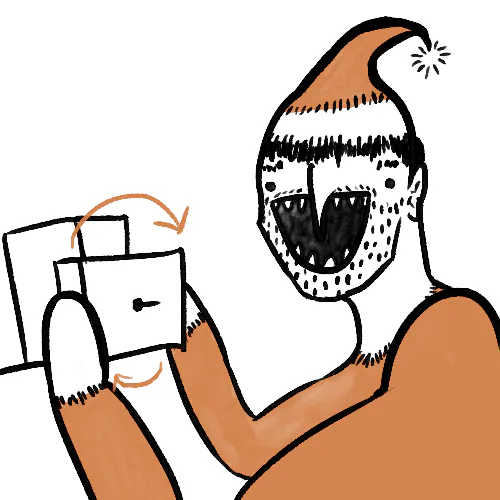
A familiar interface is a great way to increase understanding and involvement in the medium. A great example of this is the parent visiting days at the place I teach - many in the past have been dumbstruck by all the different buttons they have to push to play their child’s game, but this condensed into a control system they understand could help them engage. The variety of different fittings and controller cases for Wii is a great example of this - handing someone a steering wheel is immediately understandable compared to a rectagular Wii remote or Xbox/PS Controller.
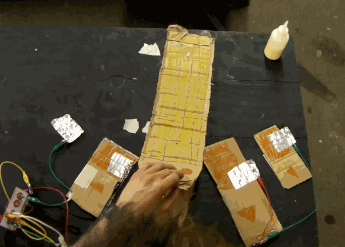
At the other end of the spectrum, creating something that gives the player a fresh new interface is also powerful - It thoroughly thrills me to know that some of the controllers that are being made in the classes are the first of their kind - for example, one of the students is building a tower defence game set on an operating theatre table where you inject a giant cardboard syringe into a cardboard body to place turrets to fight off a spreading illness. Even the diversity of creating conventional controllers has blown my mind - we had 8 kids sit down to make joysticks and each one had a different way of building theirs.
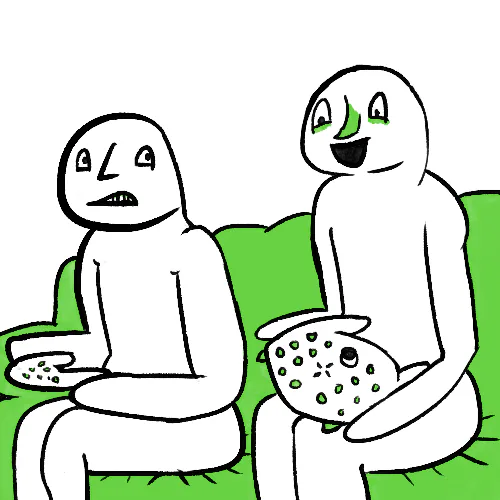
Custom controllers also opens up a method of enhancing your performance in games past what the developers intended. One of the side effects of innovation in controllers may be that gamers find ways to augment themselves with custom controllers. For example, whilst testing a controller for Gun Godz, a rapidly flickering connection on the trigger meant the pistol became an uzi. What problems/opportunities these modifications outside of the developers control will bring developers in the future is yet to be seen.
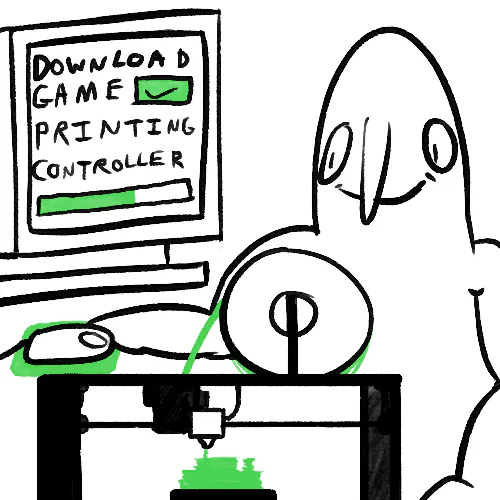
There’s that age old issue of custom controllers of “Why should I make these things if my audience wouldn’t buy them?”. As techonology such as 3D printers and laser cutters becoming increasingly cheaper, building complex controllers on a low budget is an ever more real possiblity. I believe that there will be a time in the future, where these technolgies are so cheap that an accompanying controller could be printed off and constructed at home to enhance gameplay.
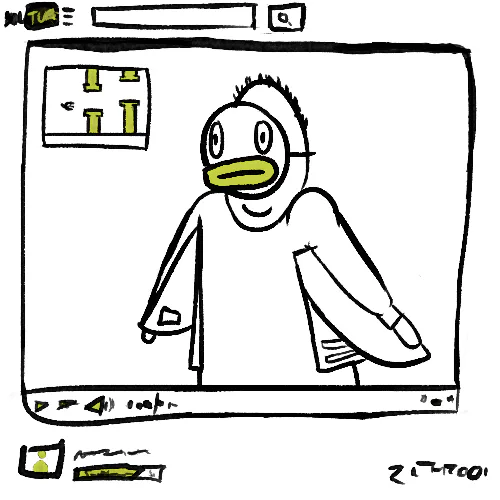
Even now, I have started doing walkthroughs/tutorials showing people who play my games how to enhance their experience using technology at a very low level using simple materials that can be found around the home. One area that I think this could be particluarly interesting in would be with the Youtube Let’s Play community. For the audience, having something other than a portrait view of someones face to look at would be awesome - Imagine watching a Youtuber attempting to play a version of Flappy Birds with a giant pair of wings, or stumbling around a dancemat playing Octodad. Our entire history of games would essentially get a new lease of life, and to accompany that we’d be inspiring people to get involved with technology from the unique control schemes we’d build.
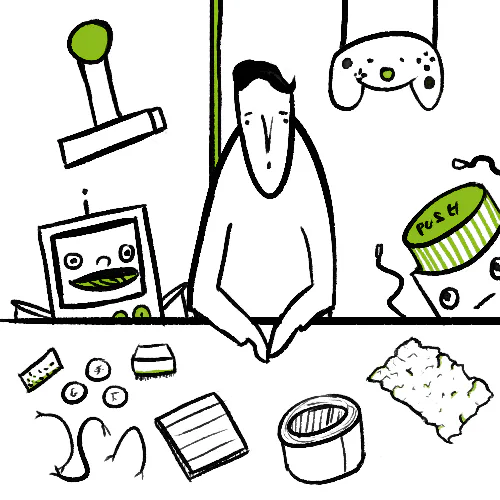
In the past, a lot of this tech might have been quite expensive, but as time goes on, technology becomes cheaper, smaller and for the most part, easier to use. We’re now at a point where anyone can build a controller for less than fifty dollars! Reusing materials that would’ve otherwise gone to waste such as cardboard, old bottles, bottlecaps or elastic bands work well for putting projects together. Working on this stuff brings back a lot of memories from Primary School - bringing in materials from home for building projects (or shows such as Blue Peter, Art Attack and Fingertips had you turning trash into handmade treasures). If we can inspire like this again except with the driving force and fascination of video games, there may well be a time where building a controller for a game you purchase becomes a standard.
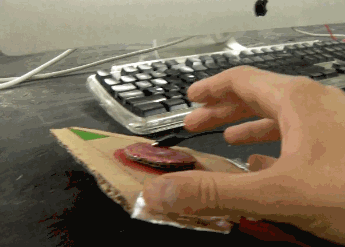
One of the things I was hoping to talk to the community about was what I’m doing at the moment is running controller workshops with kids. This involves using very simple materials such as aluminum foil, cardboard, masking tape and kitchen sponges. The one resource that I am running very low on (which I know for a fact is out there) is a list of games that I can refer to that are compatible and fun to use with the Makey Makey and similar devices. I’ve done flash Frogger, Pacman and Pong to death and what I really want to do is set the kids fresh projects to work with. There are literally millions of browser games out there on the web, but filtering through takes a lot of time and on occasion theres the issue of controls not matching up or them being unsuitable, broken or loaded with ads/viruses.
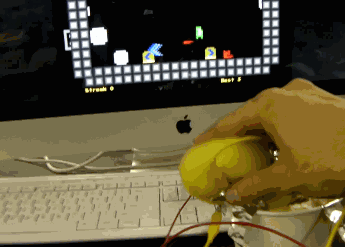
Whether this collective is in the form of a gamejam or me compiling a list of controller compatible games I don’t know yet, but I can imagine this is something that at the least that a lot of teachers are looking for. This is an opportunity to get your games into a classroom environment, which is to have people creating an untold number of control methods that you’d otherwise never consider. To add, it’s a way of creating replayability where otherwise there wouldn’t be. For example, I opened Terry Cavanagh’s Don’t Look Back (a game that I prior to this point I must admit I’d never finished). With the addition of a joypad for control, I played the entire thing in one sitting (Despite at times the controller falling to bits due to my early understanding/intense button mashing).
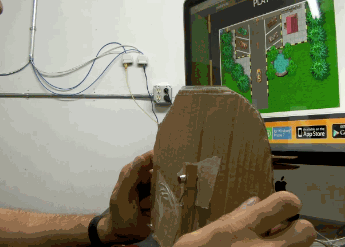
Whatever comes of this article, I hope you find this new area exciting and would like to end upon showing you some of the controllers that have been constructed so far. There is so much that we can do with this tech - it’s just a matter of unpeeling ourselves from our mouse and keyboards and rummaging through the recycling bag again.
If you’re interested in this wonderful area, Pierre Corbinais has recently launched his website, Shake that Button that explores a plethora of controllers. http://www.shakethatbutton.com
#shakethatbutton #customcontrollers #installationrequired #cardboard #controller

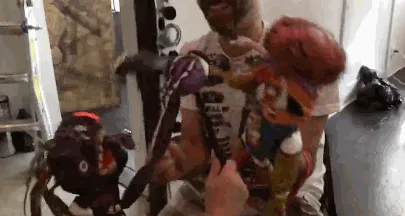
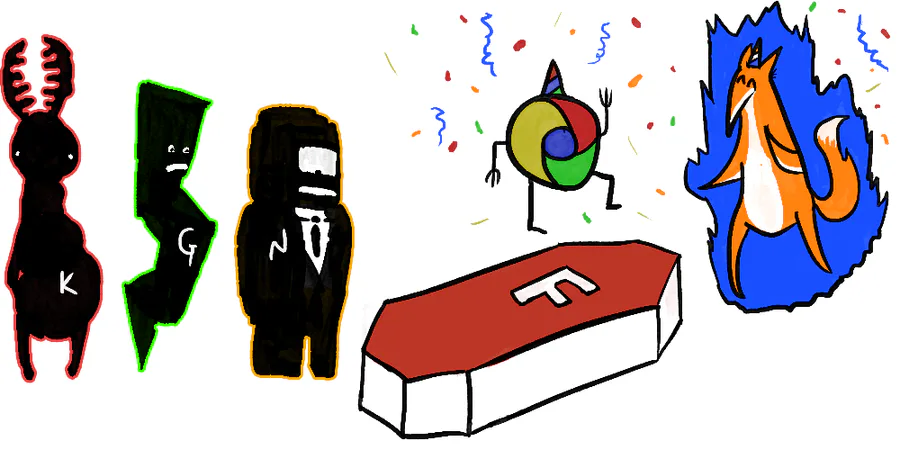


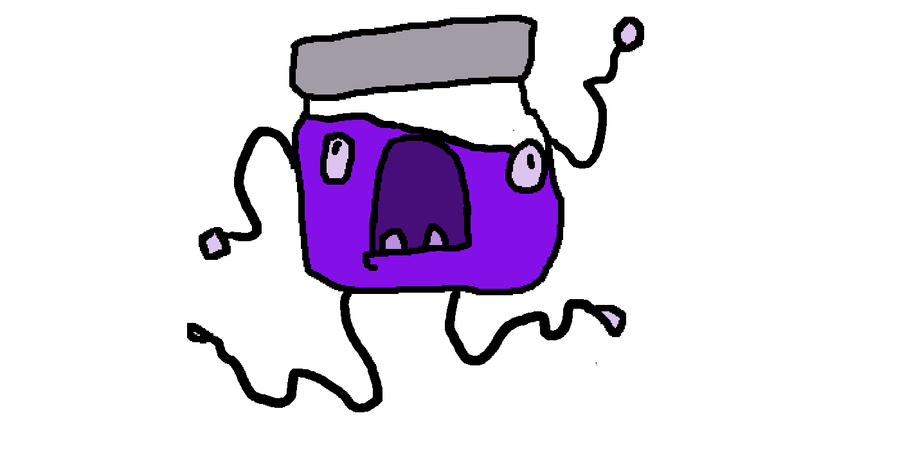

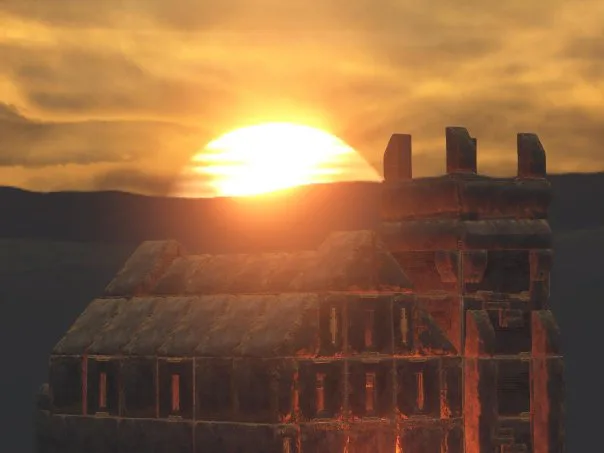

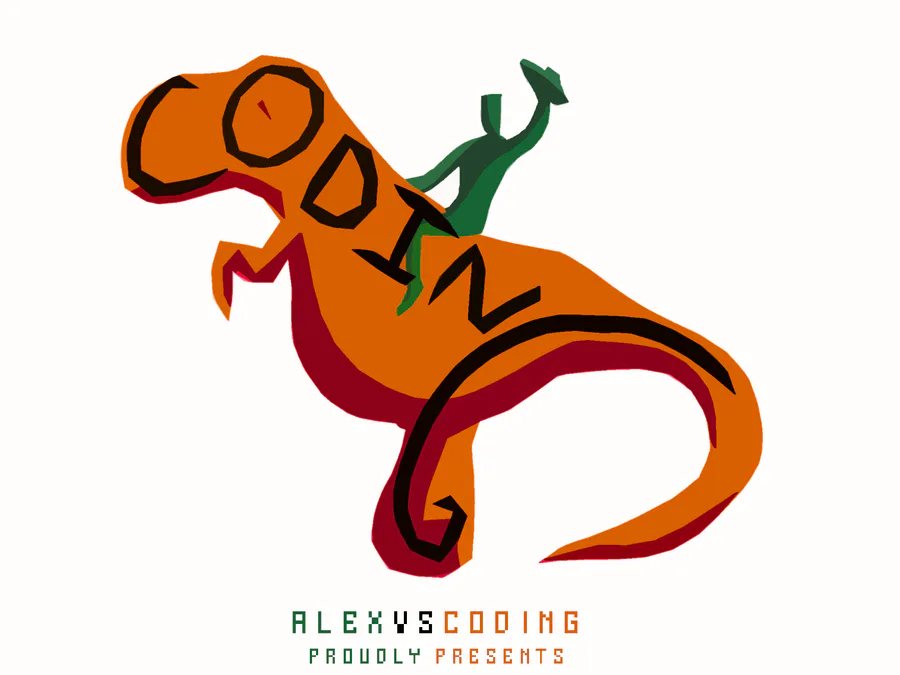
5 comments